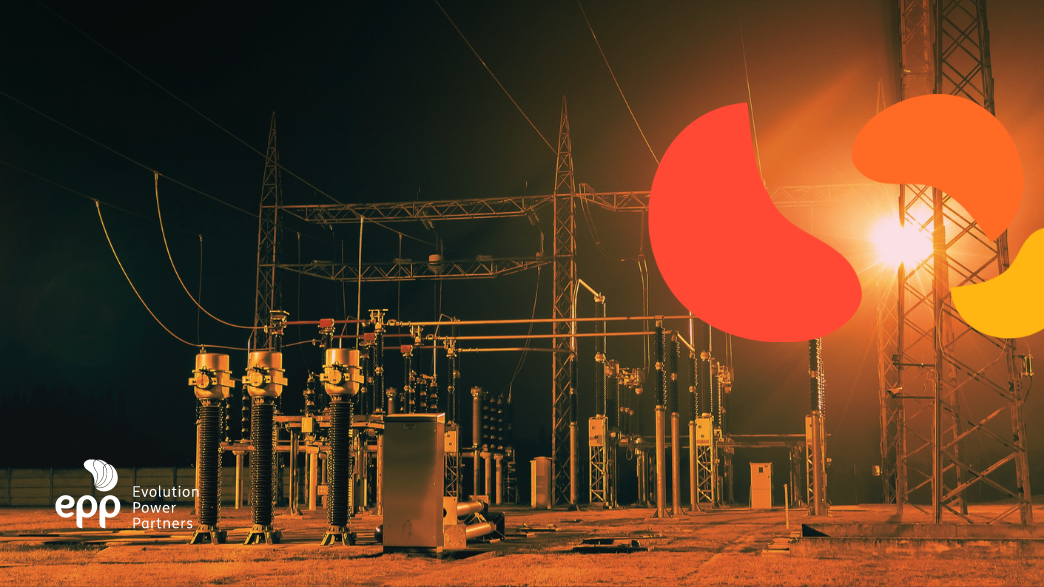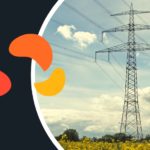A decentralized energy system is necessary for an ecosystem that is more resilient and less dependent on fossil fuels.
Since the Industrial Revolution, the world’s energy system has focused on the use of fossil fuels to generate energy and keep the entire production chain moving. Over time, this dependence has generated global shocks and geopolitical consequences, as countries that own oil wells centralize power due to the need for other nations to buy this commodity.
Thus, a decentralized energy system and the use of renewable sources is the path to the necessary change. In addition to decentralization, decarbonization and digitalization make up the 3Ds of energy that foster the construction of a new market model. The objective is to achieve greater energy efficiency through renewable sources, using new technologies and stimulating distributed generation.
What is a decentralized energy system?
The country that has a decentralized energy system is no longer dependent on a single energy source or on countries that concentrate the production of oil or other energy commodities. In the past, oil and its derivatives were the most abundant and cheapest options, so there was not as much development and adoption of more sustainable solutions.
But in the near future, millions of decentralized systems will be individually owned, increasing market share by individual producers or small generating companies, in a market that was once the exclusive territory of large companies or government-regulated state-owned enterprises.
With the advance of decentralization, technology is also developed, which will further facilitate the generation and storage of energy. Today, one of the major obstacles to the development of the sector is the useful life of batteries, but the expectation is that their capacity will be expanded almost 130 times by the middle of the century.
Brazil’s actions towards decentralization
In Brazil, the essence of the decentralization of the electricity sector lies in distributed generation. As new sources gain relevance in the matrix, more investments occur, increasing adherence and, consequently, impacting decarbonization.
With the standardization of distributed generation in 2012 and the creation of the DG milestone in 2022, the traditional model of centralized generation undergoes significant changes. With a decentralized demand, the structure becomes more complex, demanding more technology to control the entire operation.
The Ten Year Energy Expansion Plan 2030 (PDE 2030) shows a significant expansion of distributed generation from 4.2GW in 2020 to 24.5GW in 2030, while there is a reduction in the installed capacity of coal, diesel and oil, a reflection of decarbonization .
The decentralization of the energy system also allows new business models to flourish and the use of other sources not yet explored, such as biogas produced from biomass and hydrogen. Both options are more sustainable than fossil fuels, but they are still developing, especially in Brazil, attracting new interests, as the cost-effectiveness of these options becomes more viable.
Therefore, a decentralized energy system encourages investment in new sources, bringing new opportunities to the market and contributing to the preservation of the environment and the reduction of global warming. Did you like the content? To not miss any news, follow us on social media.






